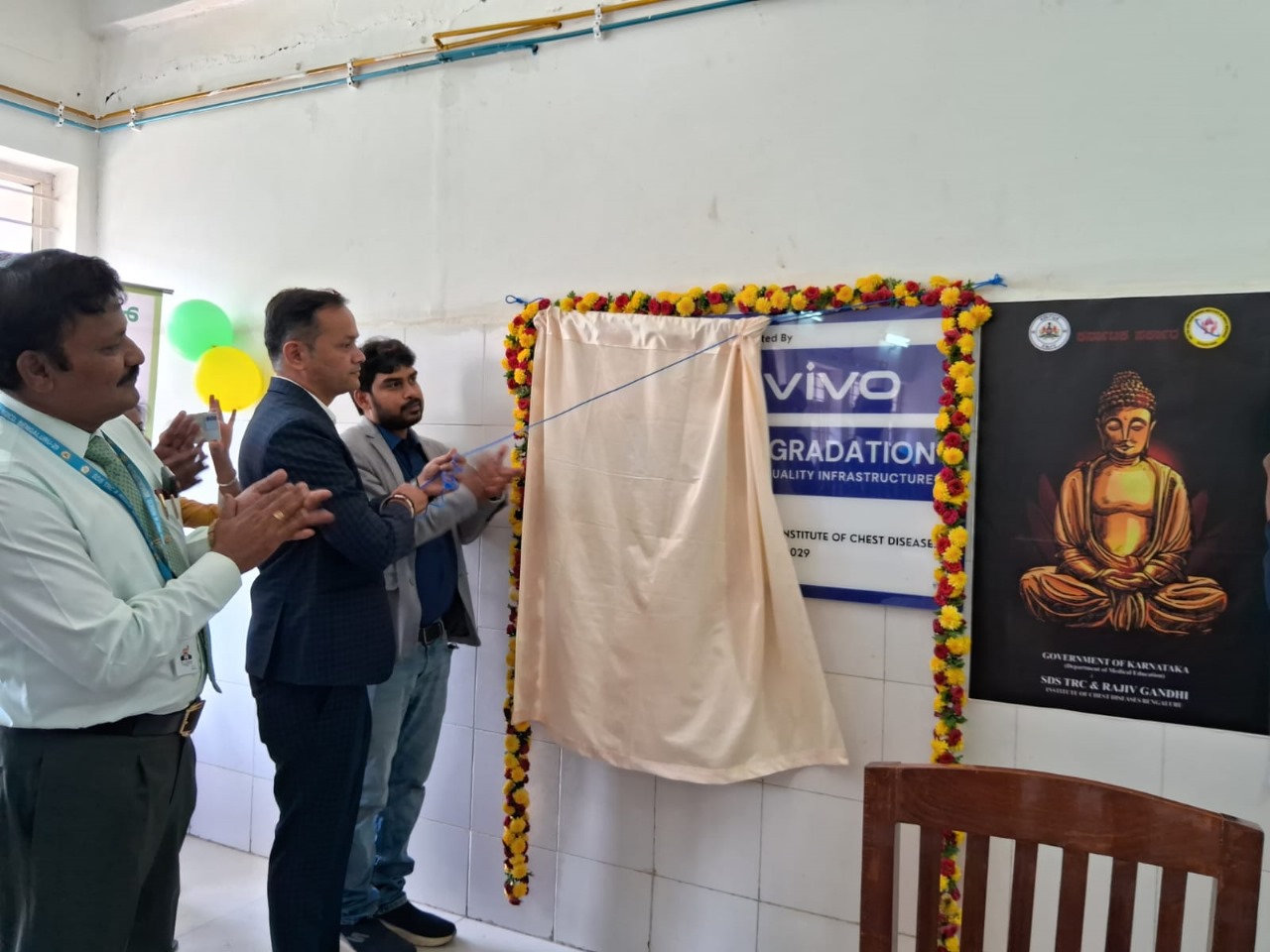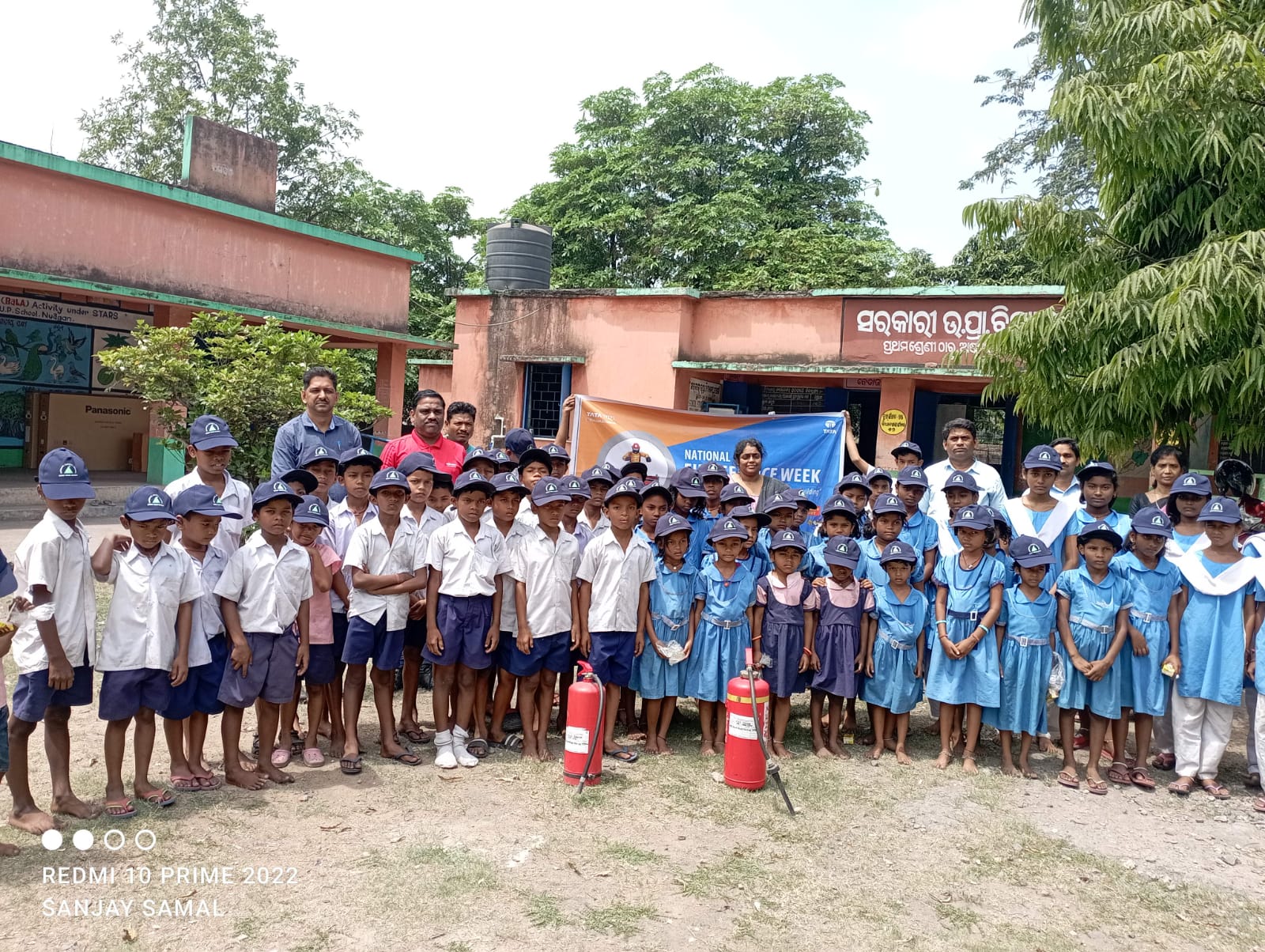Subscribe our Weekly Newsletter
EOI - Organizational development of local CBOs, KP-led organizations and PLHIV networks

Organization: FHI 360
Apply By: 15 Nov 2020
INTRODUCTION & BACKGROUND
The National AIDS Control Organization (NACO) through the State AIDS Control Societies (SACS) has been funding >1,500 non-governmental organizations (NGOs) under the National AIDS Control Program (NACP) of India. This peer outreach and community mobilization approach has helped the national program to reach around 15 million key population (KP) members and link them to HIV continuum of care services, thereby controlling the spread of the HIV/AIDS epidemic in India.
The US President’s Emergency Fund for AIDS Relief (PEPFAR) through the United States Agency for International Development (USAID) has been a key collaborator and has supported India’s HIV/AIDS response for over two decades. PEPFAR recognizes that community-led implementation of HIV/AIDS activities is a key strategy to achieving epidemic control in India. Limited capacity of community-based organizations (CBOs) to implement and sustain funded activities is often a key barrier to local ownership for sustainable solutions to the HIV/AIDS epidemic. As India embarks on the last mile of its HIV epidemic it needs to position communities and community-based services to the forefront to address the remaining challenges.
FHI 360 is a not-for-profit, US-based agency that has been working in India for over two decades. Since the mid-90s, FHI 360 in India has partnered with the national and state governments and more than 150 local civil society organizations (CSOs), including KP-led organizations and PLHIV networks to strengthen their institutional and technical capacity in the delivery of HIV services, focusing on key populations and other vulnerable and atrisk populations. FHI 360 global expertise in HIV has complimented the local capacity strengthening efforts through the transfer of global best practices in a wide range of KP programming and technical areas including differentiated service delivery models; enhanced peer outreach approach (EPOA); peer navigation; index testing; self-testing; pre exposure prophylaxis (PrEP); virtual outreach; real time monitoring (RTM); and several others.
FHI 360 has been awarded Meeting Targets and Maintaining Epidemic Control (EpiC) (Cooperative Agreement No. 7200AA19CA00002) Project by USAID with PEPFAR funding USAID. EpiC is operational in several countries across the world where it focuses on supporting country governments and civil society organizations to fill existing HIV prevention, case finding, and treatment gaps, and to build long-term sustainability to attain and maintain epidemic control.
EpiC in India aims to strengthen technical capacities of local community-based organizations (CBOs), KP-led organizations and networks of people living with HIV (PLHIV) to effectively manage and implement HIV programs; and to support in organisational systems strengthening so that they can contribute to the HIV response on a sustained basis.
This capacity strengthening work will be supported in seven PEPFAR priority districts namely: Thane and Pune in Maharashtra and Hyderabad, Rangareddy, Mahbubnagar, Karimnagar and Nalgonda in Telangana.
II. EXPRESSION OF INTEREST (EOI)
FHI 360 is inviting expression of interest (EOI) from CBOs, KP-led organizations and PLHIV networks that have been working in the HIV/AIDS space and/or with key population groups. FHI 360 through the EpiC will work collaboratively with these local agencies to build on their existing expertise and experience by introducing them to newer technical strategies and approaches in KP programming across the prevention to treatment cascade.
Further, FHI 360 will work with the agencies to enhance their organizational systems and capacity in governance, leadership, financial management, human resource management, resource mobilization and other areas, so that they can sustain as vibrant civil society organizations to address the health and non-health needs of key and vulnerable populations. The civil society organizations that receive mentorship and technical assistance from FHI 360 / EpiC will also be supported in resource mobilization efforts for leveraging funds for self-reliance and sustained engagement in HIV response. This intensive mentoring and capacity strengthening support will be extended by FHI 360 for one-year and may be extended for another year based on need and availability of funding.
A. Eligibility Criteria for Application
The agencies responding to this request for EOI must meet the below criteria to qualify as an applicant:
1. Registered in India as a not-for-profit NGO for at least 5 years or more
2. History of working in HIV/AIDS with a focus on key and/or vulnerable populations for at least three years or more and with continuing interest to focus on addressing HIV within their communities
3. Should have a local presence in at least one of seven PEPFAR priority districts
4. Leadership and staff must be willing to invest time and resources in organisational systems strengthening in governance, strategic planning, human resource (HR) management, financial and accounts management, and resource mobilization and fund raising
5. Leadership and staff must be willing to participate in capacity strengthening in KP programming areas including newer community outreach and engagement strategies across the prevention to treatment continuum, monitoring and evaluation (M&E), behaviour change communication (BCC), stigma and discrimination (S&D)
Response to the EOI are due no later than 5:00 PM on Sunday, November 15, 2020. Required documentation listed below must be e-mailed to hrindia@fhi360.org .
To download the full ToR, click here
Latest Online Store
Latest Grants
Latest News
© Renalysis Consultants Pvt Ltd


























